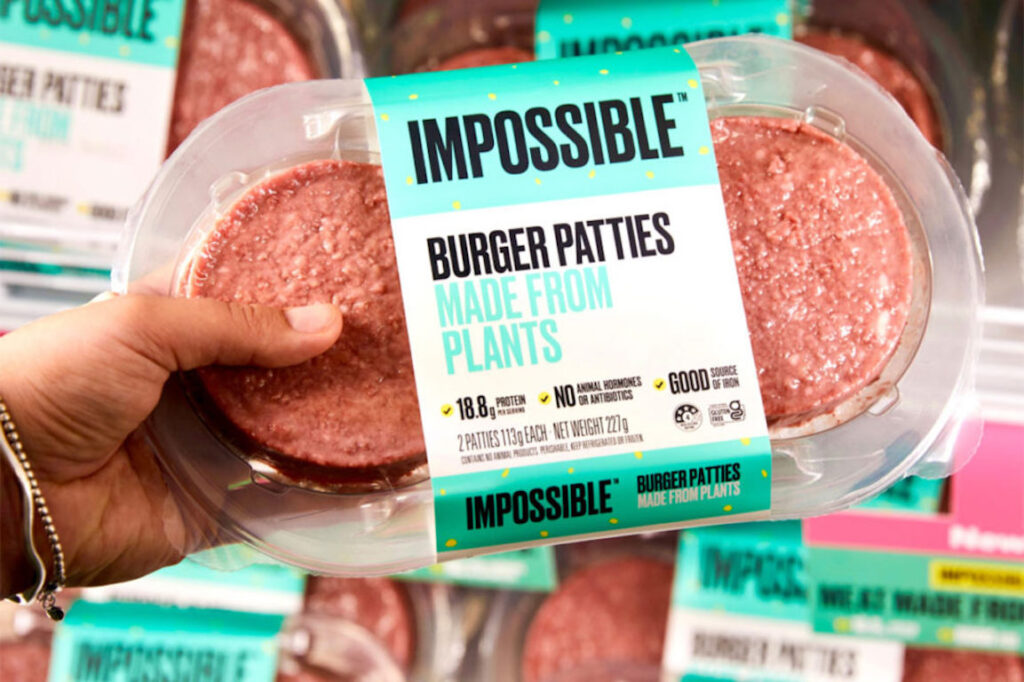New Survey Finds Investors Still Optimistic About Alt Protein Despite Stalled Growth
3 Mins Read
Investor appetite for alternative proteins is still strong despite a decline in investment growth in 2022, says think tank the Good Food Institute and a new survey on 2022 investments into the alternative protein sector.
The $14.2 billion that the alternative protein sector has attracted over the past decade has been driven by investments that have nearly doubled every year on average, with a particular surge in funding since 2020, says the Good Food Institute (GFI).
The findings
However, GFI’s new analyses of Pitchbook data show that alternative protein companies raised $2.9 billion globally in 2022, a decrease of 42 percent YoY. While a decline in investment, the report notes that the deceleration was in line with broad market trends, and most investors still remained optimistic about the sector over the long term.
The covid pandemic led investors in the food and agriculture sector to focus on supply chain resilience and the disruption to the meat industry. “Companies that start during this economic downturn will build efficient operations and have a running start as the economy improves again,” Guatam Godhwani, founder and managing partner at Good Startup, noted in the report. “Historically, some of the best companies have been started during difficult economic times.”

GFI found that the deceleration of alternative protein funding in 2022 was in line with the decline in overall funding across all sectors. Additionally, the report notes that half of the world’s largest protein producers are investing in alternative proteins, up from 28 percent in 2021.
Large food companies are also seeing protein diversification as a material business issue, with 35 percent of the 23 largest food manufacturers and retailers globally committed to increasing the volume or sales of meat alternatives and/or dairy alternatives.
While the sector experienced challenges, there were also successes in 2022, with distribution picking up for fermentation-enabled proteins and several large food companies launching plant-based versions of long-branded food products. Further, quick-service restaurant chains experienced a resurgence in plant-based menu launches.
The early days of a game-changing industry
Of more than 100 investors active or interested in alternative proteins, the survey found that 99 percent of respondents agreed or strongly agreed that they are optimistic about the alternative protein industry over the long term. Forty-five percent of respondents noted that their investments in alternative proteins did not slow down in 2022, and 87 percent of respondents expected to make investments in alternative protein companies or funds in 2023. Respondents expect to increase investment in the more novel alternative protein categories, especially fermentation, cultivated dairy, and alternative fats.

The report also notes that the current fundraising market may improve the quality of opportunities for startups and investors alike, with startups seeing an alleviation of pressure to “grow at all costs” and investors finding themselves with more time to explore and research deals with more favorable valuations and deal terms.
While the decline in investment growth in 2022 may have been in line with broader trends, investor appetite for alternative proteins remains strong, with investors seeing potential for growth in the sector.
“We’re in the early days of a game-changing industry, during one of the most unusual market environments of our lifetimes,” GFI says. “The road ahead will be challenging and complex, but from our estimation, the good food future is bright.”



